50 COMMUNES AND FOUR CITIES HAVE DECLARED THEMSELVES GMO-FREE
In the county of Cluj: Huedin, Mărgău, Beliş, Râşca, Mănăstireni, Măguri Răcătău, Mărişel, Poieni, Ciucea, Negreni, Săcuieu, Călăţele, Sâncraiu and Izvoru Crişului.
In the county of Bistrita Nasaud: Nasaud and Sangeorz-Bai, Chiochis, Chiuza, Cosbuc, Dumitra, Feldru, Ilva-Mare, Ilva - Mica, Lesu, Lunca - Ilvei, Maieru, Magura - Ilvei, Nimigea, Nuseni, Parva, Poiana Ilvei, Rebra, Rebrisoara, Rodna, Romuli, Runcu Salvei, Salva, Sant, Telciu, Zagra.
In the county of Brașov: Șinca Nouă.
In the county of Vâlcea: Ionești.
In the Hartibaciu Micro-region, Sibiu County: 12 communes and 1 city (Cornatel, Rosia, Vurpar, Nocrich, Mihaileni, Altina, Chirpar, Bruiu, Merghindeal, Birghis, Iacobeni, Bradeni, Agnita).
The Romanian Government officially banned GMO Soya in January 2007, when Romania entered the EU. Greenpeace, however, discovered large-scale illegal commercial cultivation of the crop in 2007. The Romanian authorities do not seem to be taking any control over illegal GMO production.
From January 2007 on, the cultivation of herbicide resistant Roundup Ready soybeans is banned in Romania. In 2006 around 140.000 hectares of GM soybeans were planted.
The GMO Free Zones declaration represents the official commitment of local authorities, to the extent of their legal and organizational powers, to cultivate no GMOs on their land. Also, the local authorities are asking the relevant national and regional politicians to make sure that no GM plant is will be cultivated this year and in the future in the entire country and to ensure them that the rights of the farmers who want to produce GM-free crops are in future legally protected and that all suitable measures are employed in order to avoid any GM contamination of their land and harvest.
GMO FREE REGIONS: ROMANIA
ROMANIAN APPROACH TO GENETICALLY MODIFIED ORGANISMS
Conclusions
Agriculture plays an important role in the economy of Romania. In its rush to ‘modernise’ agriculture, Romania must reject the use of genetic engineering in farming in order to retain the option of growing non-GM crops conventionally. The commercialisation of GM crops could have long-term implications for food safety, but more immediately Romania’s ability to export it GMO-contaminated harvest. This could have important socio-economic impacts, both for farmers and for consumers, as Romania loses it export markets for agricultural products in the EU and Asia, where consumers are demanding for non-GM food.
Romanian farmers have a right to know what seed they are sowing. Consumers have the right to know the true facts about genetic engineering and what is in their food. Moreover, society has the right, based on full disclosure of information, to make an educated decision about which agricultural path they want to follow. Until now, there has been minimal public awareness, and no national debate. As a result, the population is porly informed on the risks, the related regulations at the national and European level, as well as the reactions and initiatives of the European Communities regarding the cultivation and consumption of GMOs.
By adopting organic farming instead of genetic engineering, Romania would face a much more prosperous future and the threats to its special ecosystems that GM agriculture brings would not be observed. Romania must invest more in non-GM agriculture and make sure the system of traceability and labelling are in place to protect against contamination.




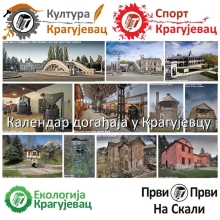
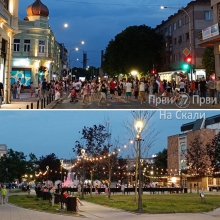

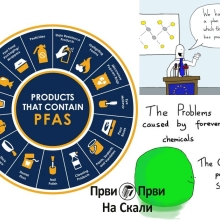
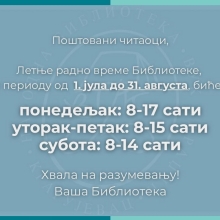

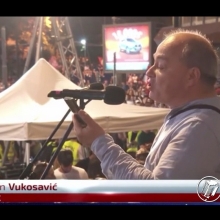
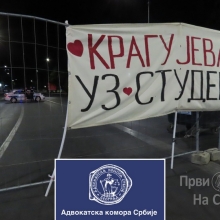

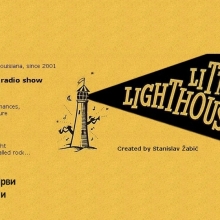
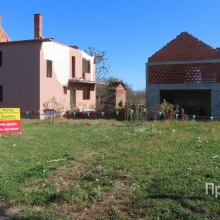

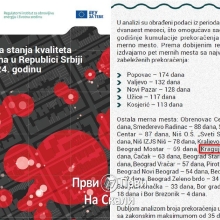
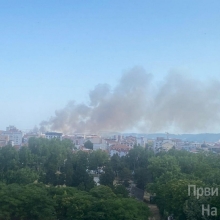
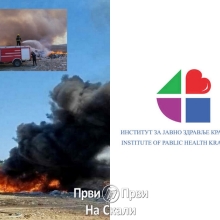
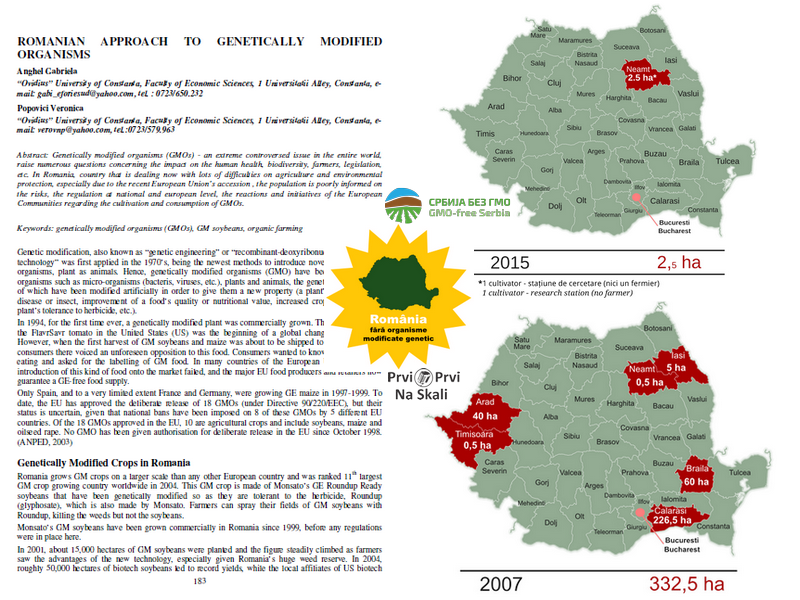










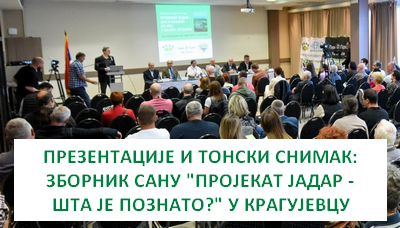
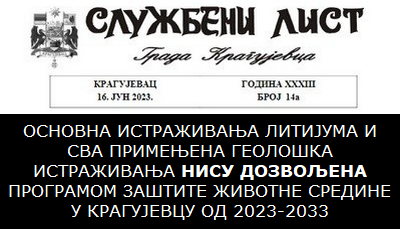
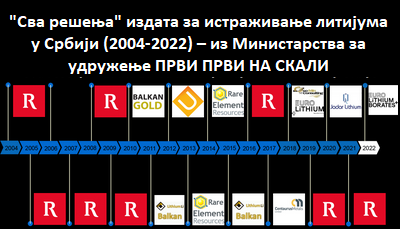
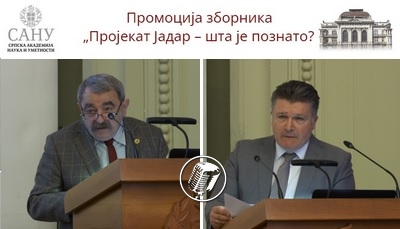
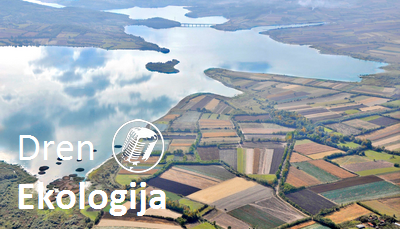





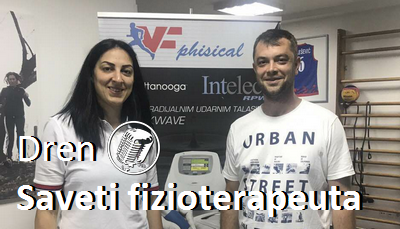
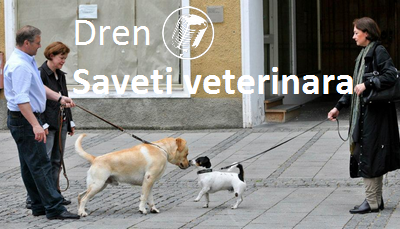



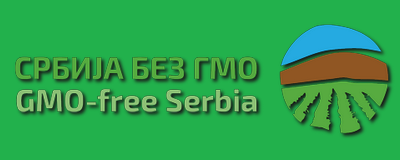




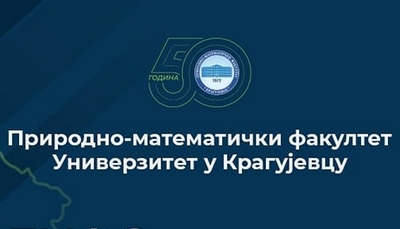
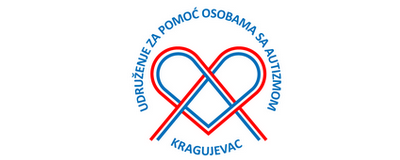

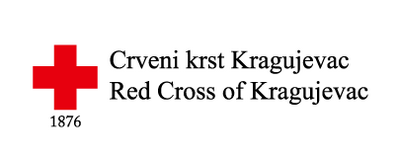

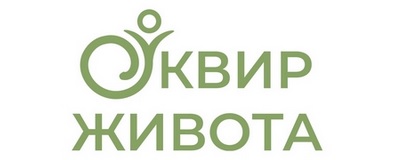




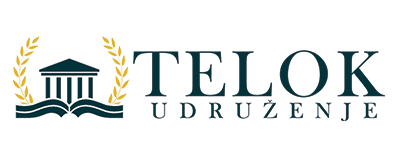

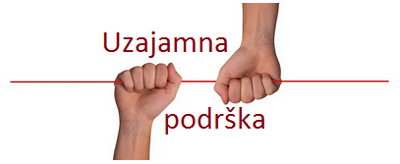















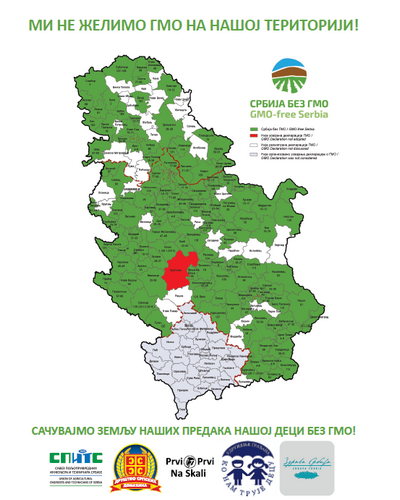



Komentara: 0